What is Supply Chain Data Analytics?
Data analytics is the process of examining and analyzing large sets of data to uncover insights and trends. It involves the use of statistical and quantitative methods to extract meaning from data, with the goal of making more informed decisions. Within supply chains, leverage data analytics to optimize operations and enhance overall efficiency.

What is Preventing Companies from Adopting Data Analytics?
1. Scalability:
Manufacturing companies face a number of challenges when it comes to adopting supply chain analytics. These challenges can range from a lack of awareness of the benefits of analytics to concerns about data security. In this post, we’ll closely examine factors hindering manufacturing companies from adopting supply chain analytics and explore proactive approaches to address these challenges.
2. Lack of Awareness:
One of the primary reasons manufacturers may be hesitant to adopt supply chain analytics is simply a lack of awareness of the benefits it can provide. Analytics can help companies optimize their supply chains, improve efficiency, reduce costs, and improve customer satisfaction. However, if companies are not aware of these benefits, they may not see the value in investing in analytics.
To tackle this challenge, manufacturers must actively educate themselves on the benefits of supply chain analytics, utilizing resources like case studies and white papers demonstrating the ROI. Companies can also benefit from attending industry conferences and networking with peers who have successfully implemented analytics in their own organizations.
3. Limited Resources
Another challenge that manufacturing companies may face when it comes to supply chain analytics is a lack of resources. Implementing analytics requires significant investments in technology, data management, and skilled personnel, which can be difficult for smaller companies with limited resources.
One solution to this challenge is to start small. Companies can begin by implementing analytics in one area of the supply chain and gradually expand to other areas as resources become available. Additionally, companies can consider partnering with third-party providers such as The Owl Solutions who specialize in supply chain analytics train your team one-on-one, and leverage their expertise, reducing the burden on internal resources.
4. Data Quality Issues
Supply chain analytics relies on high-quality data, which can be challenging to obtain. Manufacturing companies may struggle with data quality issues, such as missing or inaccurate data. This can be particularly problematic for companies with complex supply chains that involve multiple stakeholders and systems.
To address this challenge, companies must establish processes for ensuring data quality. This may involve developing standard data formats, implementing data validation checks, and establishing data governance policies. If you require assistance, The Owl actively collaborates with customers, establishing a standardized data framework to align, ensure accuracy, and display core measurable KPIs in your data.
5. Resistance to Change
Implementing supply chain analytics often requires changes to existing processes, and some employees may be resistant to these changes. This resistance can stem from a variety of factors including fear of job loss, lack of understanding of the benefits of analytics, and a preference for that status quo.
To address this challenge, companies must communicate the benefits of analytics to their employees and involve them in the implementation process. This can include training programs to help employees understand how analytics works and how it can benefit their work.
6. Complexity
Supply chain analytics can be complex. It may require significant expertise to implement and maintain an effective analytics system. This complexity can be a significant barrier for many manufacturing companies, particularly those with limited resources.
Third-party providers such as The Owl handle the entire integration process and technology updates. It makes it more effective for customers. Complimented with ongoing expertise and guidance beyond just the implementation, we ensure that we’re aligning core supply chain KPIs to match business objectives. We also have a comprehensive onboarding program to ensure you are always comfortable with the platform.
7. Security Concerns
Supply chain analytics involves collecting and analyzing sensitive data, which may raise security concerns for some manufacturing companies.
To address this challenge, companies must establish robust data security policies and implement appropriate safeguards to protect sensitive data. This may include encryption, access controls, and monitoring and auditing tools. Additionally, companies may partner with third-party providers who have expertise in data security to ensure that their analytics systems are secure.

To overcome data analytics challenges and enhance your supply chain performance, ensure a thorough understanding before making decisions. Explore and educate yourself. Here are some tips on key factors to consider when evaluating supply chain analytics solutions.
When you are ready to take that step, start with a small pilot in one area of the supply chain, and then you can scale from there.
If you want a proactive third-party solution provider handling back-end data integration, security, framework, and training, check our fit. Click below to schedule a brief 15-minute intro call.
We can train your team and have your supply chain analytics up and running within a few weeks!
